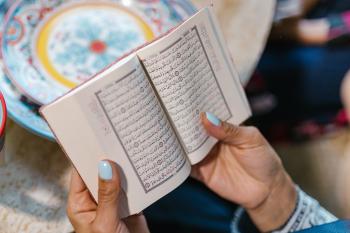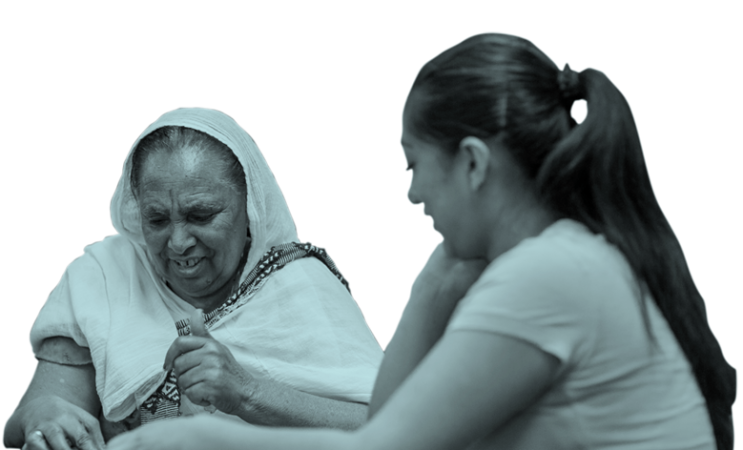Ramadan Reminders for Adult Education Volunteers and Teachers
Ramadan starts soon, and with the large numbers of Muslim students in adult education programs across the state–particularly in metro areas–this week’s Tutor Tip provides a few things to keep in mind during Islam’s holiest month of fasting and reflection.
Ramadan is a really big deal! It marks the arrival of the prophet Muhammad’s first revelations, which eventually took the form of the Qur’an, Islam’s holy book.
Ramadan does not occur at the same time every year because Islam uses the lunar calendar. Ramadan lasts 29 or 30 days, and it begins eleven days earlier from one year to the next. So, Muslims in Minnesota fast for a much longer period when Ramadan falls during the summer, compared to when it occurs in the winter. This may be very different from what learners are accustomed to in their home countries.
Ramadan’s start and end dates are not fixed because they are based on when the new moon is in sight. This can vary by location and different groups have different ways of deciding. So, prepare for some flexibility in class around the expected beginning and end dates: Saturday, April 2nd and Sunday, May 1st. Ask learners to let you know when they plan to begin fasting and when they plan to celebrate Eid-al-Fitr, the celebration the day after fasting ends, which can last up to three days. Students may also be out of class to prepare for the party by cooking, shopping for food and new clothes and to get beauty and grooming treatments.
Not everyone will fast every day. While most will abstain from both food and drink during daylight hours, people are excused from fasting due to menstruation, pregnancy, breastfeeding, travel, illness and other reasons. So, you may see some Muslims joining in your learning center’s coffee break during Ramadan.
Ramadan is not just about fasting. Muslims are expected to give to charity, self-reflect, read the Qur’an, pray and abstain from bad behaviors as well.
Students may be tired. Not only are they fasting, but they may also be getting less sleep due to night time prayers, night visits to the mosque, family gatherings and preparing early morning meals. Consider incorporating more review activities to help lighten the load during this time.
It is a time of celebration! During Ramadan, non-Muslims are tempted to say things like, “Not even water?!” “I could never do that!” And, “You must be so hungry!” but many Muslims look forward to Ramadan and see it as a time of connection and celebration, not suffering. Ask learners how they are feeling, wish them a “Happy Ramadan,” or “Ramadan Mubarak,” or join an iftar fast-breaking meal in the evening in your community.
Watch this video of one young Muslim’s first experience fasting for Ramadan.
Sources and more reading:
Eid: How is the Start of the Muslim Festival Determined?
Ramadan 2022: When is Ramadan?
Ramadan 2020: Why is it so important for Muslims?
For questions, comments or feedback regarding this Tutor Tip, please contact Meghan Boyle, Tutor Training Coordinator, at [email protected].


